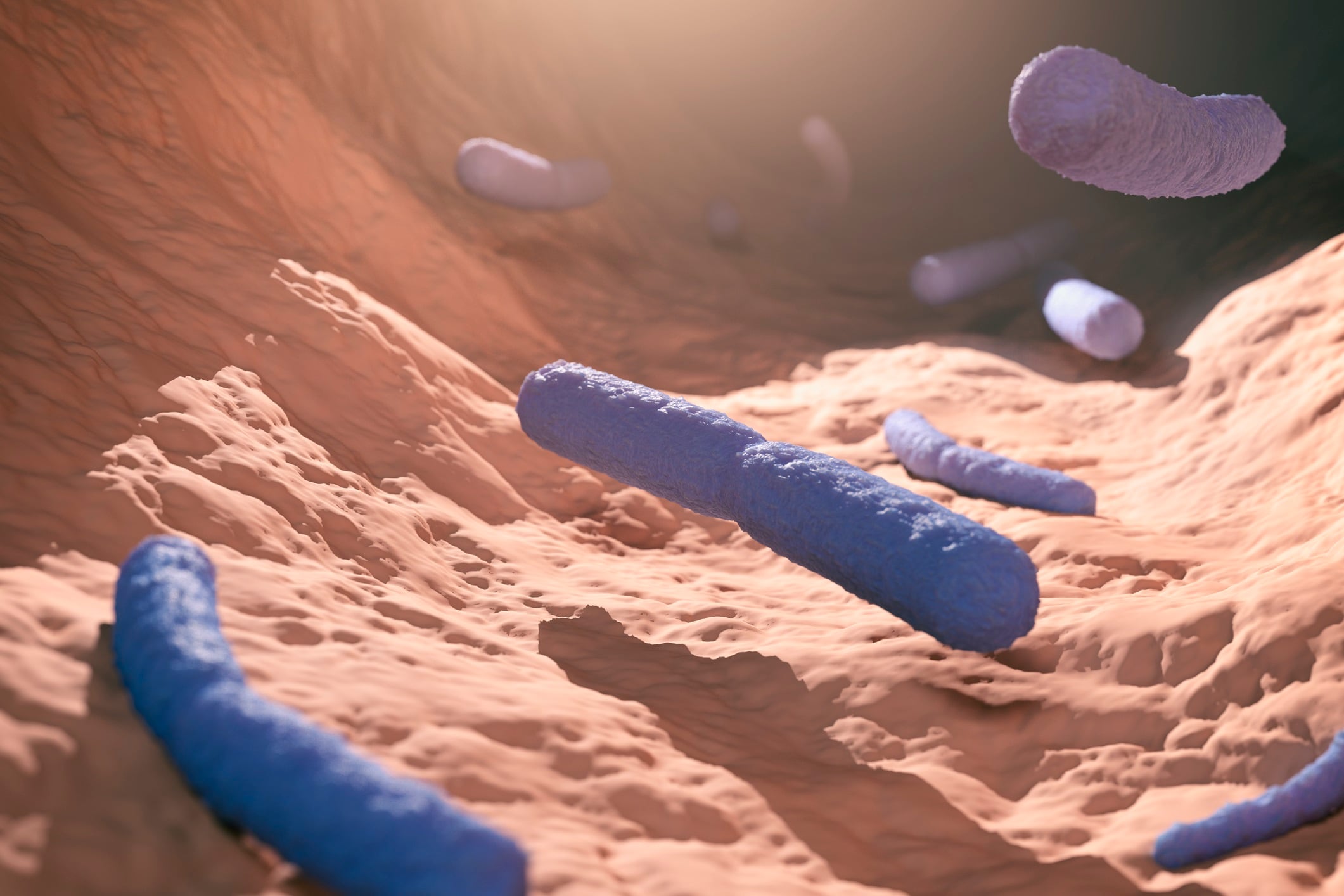A team led by University of Nevada, Reno researcher Dr. Steven Frese has identified three previously undocumented enzymes—biological catalysts that speed up chemical reactions in living organisms—that separate complex carbohydrates from proteins, regardless of whether the proteins are from plant or animal sources.
When these enzymes, known as ENGases, are folded into food processing, they release carbohydrates attached to dietary proteins. For some people who struggle to get enough fiber-rich foods, it may be helpful to try to make foods healthier where possible, especially the processed ones.
“Rather than simply supplementing fiber, we’re exploring how to unlock fiber that is already present in food,” Dr. Frese said. “This research is just the beginning of understanding what’s possible in bridging the gap between dietary recommendations and [everyday] consumption patterns.”
The research team, which also included scientists at the Çanakkale Onsekiz Mart University in Turkey, published their findings this month in the journal Foods.
Predicting enzyme function
The researchers identified enzymes by surveying human fecal samples from adults in Nevada, and the scientists were able to perform several tests on different gut microbiomes. Participants also recorded their dietary intake, lifestyle habits and demographic backgrounds.
The scientists used advanced DNA sequencing and shotgun metagenome sequencing, reconstructing the genes of the sampled gut bacterial communities, identifying and predicting their enzyme functions, according to a statement from the University of Nevada, Reno.
After narrowing down possible sequences, the researchers employed Escherichia coli (E. coli) to produce the enzymes for more vigorous analyses, confirming the sequence and activity of the predicted enzymes. Additional tests showed that the enzymes could release the complex carbohydrates found attached to glycoproteins.
“We weren’t sure what the landscape of these enzyme functions would look like,” Dr. Frese said.
“In other words, we weren’t sure how widely distributed this enzyme function would be—at least, how widely we would be able to recover these enzyme sequences to test. While we reported on three enzymes in this paper, there are more to come, and we are excited to start testing other enzymes as well."
The researchers will study whether these released carbohydrates function as well as fiber within diverse microbial environments, such as the gut. They want to demonstrate whether these enzymes may be used in food processing to increase the bioavailability of fiber already found in food.
“I think one of the really interesting aspects about the gut microbiome is the level of interaction between different organisms and how different taxa compete for resources like carbohydrates or glyco-conjugates, like the ones we studied here,” Dr. Frese said.
“We’re going to be investigating how enzyme interactions, with these and other enzymes, affect glycans and the gut microbiome. We’re also going to be starting to do the kinds of translational experiments we need to develop these enzymes into real-world applications.”
Although Dr. Frese and his team do not currently have commercial partnerships to further develop and market the enzymes, he noted he is interested in discussing those potential collaborations.
Source: Foods, 2025, 14(8), 1288; doi: 10.3390/foods14081288. “Novel Endo-β-N-Acetylglucosaminidases Derived from Human Fecal Samples Selectively Release N-Glycans from Model Glycoproteins”. Authors: M. Bolino, et al.



